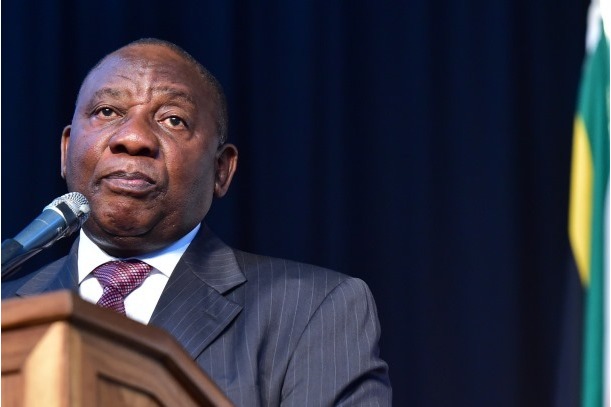Latest News
South Africa plans privatization of state-owned firms

News Highlight
Mogajane gave the sale of 49 per cent of SAA and the splitting up of generation, transmission and distribution sections of Eskom as examples in a bid to suggest how the country could attract foreign investors.
South Africa may partially privatize struggling state-owned companies as part of a move to set President Cyril Ramaphosa’s wide-ranging reforms in motion, the Director-General of the National Treasury, Dondo Mogajane said on Saturday.
The nation was at the end of a credit downgrade circle as Moody’s raised its outlook on Friday, Mogajane said. This development could be because of Ramaphosa’s plan to reform state-owned companies.
“For me, I see it as the end,” Mogajane told Reuters in an interview. Moody’s say there are things that we can do and these are the things we will be focused on,” indicating plans to rejuvenate state firms, stabilize debt, and boost growth in important sectors such as tourism and agriculture.
A downgrade to a “junk” rating by Moody’s would have seen South Africa removed from Citi’s World Government Bond Index, and could have triggered up to 100 billion rand ($9 billion) in asset sales by foreign investors.
Investors in Africa’s most industrialized nation have relished Ramaphosa’s arrival and selection of ministers, including former Finance Minister Pravin Gordhan as the new Minister for public enterprise.
Gordhan is tasked with rejuvenating state-owned companies on the verge of financial crisis, including the almost-bankrupt South African Airways (SAA) and heavily indebted power facility, Eskom.
“Why not?” Mogajane answered when asked if parts of state-owned companies could be sold.
“There have to be new ways of looking at these things. Are we talking privatization? Are we talking equity partnership? Let’s give an opportunity for new ministers to unpack what it means.”
Mogajane gave the sale of 49 per cent of SAA and the splitting up of generation, transmission and distribution sections of Eskom as examples in a bid to suggest how the country could attract foreign investors.
His comments may, however, not go down well with sections of the ruling African National Congress (ANC), powerful trade unions and Economic Freedom Fighters.
Ramaphosa will have a difficult time trying to win back investors and voters’ trust while holding together a divided ANC ahead of next year’s election.
“All we can do is to offer the president support to make sure South Africa goes on the other side of what has been a downward spiral for the past few years,” Mogajane said.
Related News
Latest Blogs
- Why electricity privatization failed (2)
- How net metering can boost embedded power generation
- Adaora Umeoji and gender in Nigerian banking leadership
- Is protest an endangered human right of Nigerians?
- Issues in using price control in Nigeria
Most Popular News
- IFC, partners back Indorama in Nigeria with $1.25 billion for fertiliser export
- Ali Pate to deliver keynote speech at NDFF 2024 Conference
- Univercells signs MoU with FG on biopharmaceutical development in Nigeria
- CBN increases capital requirements of banks, gives 24 months for compliance
- CBN settles backlog of foreign exchange obligations
- Nasdaq Dubai welcomes $600m sukuk listing by Islamic Development Bank



